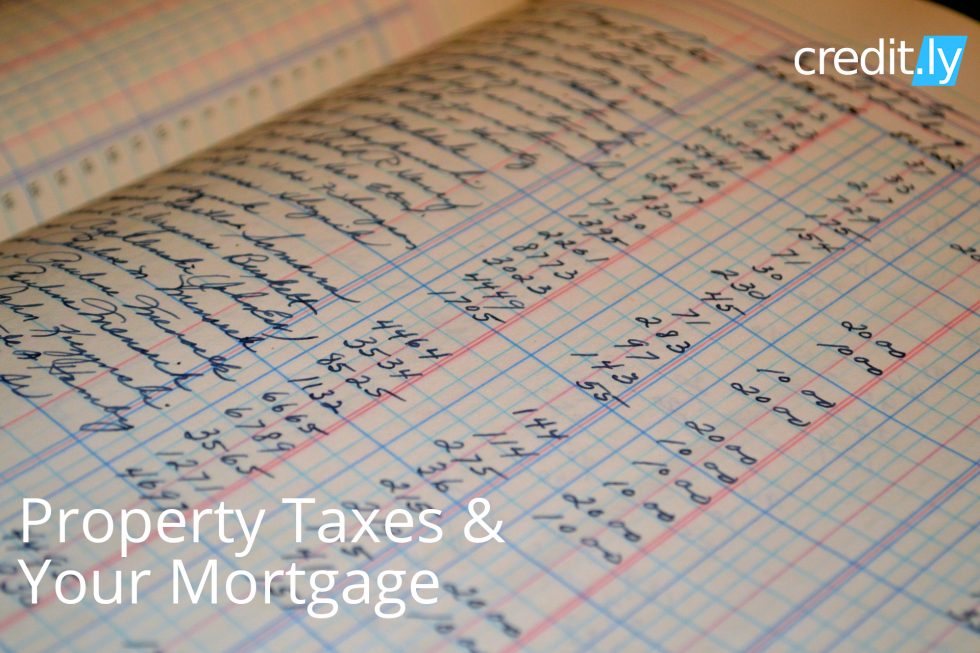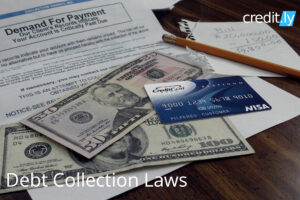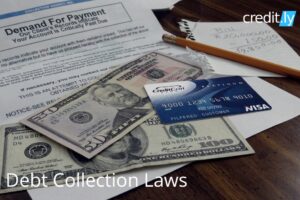[et_pb_section fb_built=”1″ _builder_version=”3.22.3″ custom_padding=”35px|||||” global_colors_info=”{}”][et_pb_row _builder_version=”4.14.9″ background_size=”initial” background_position=”top_left” background_repeat=”repeat” custom_padding=”8px|||0px||” global_colors_info=”{}”][et_pb_column type=”4_4″ _builder_version=”3.0.47″ custom_padding=”|||” global_colors_info=”{}” custom_padding__hover=”|||”][et_pb_text _builder_version=”4.14.9″ custom_padding=”||2px|||” z_index_tablet=”500″ text_text_shadow_horizontal_length_tablet=”0px” text_text_shadow_vertical_length_tablet=”0px” text_text_shadow_blur_strength_tablet=”1px” link_text_shadow_horizontal_length_tablet=”0px” link_text_shadow_vertical_length_tablet=”0px” link_text_shadow_blur_strength_tablet=”1px” ul_text_shadow_horizontal_length_tablet=”0px” ul_text_shadow_vertical_length_tablet=”0px” ul_text_shadow_blur_strength_tablet=”1px” ol_text_shadow_horizontal_length_tablet=”0px” ol_text_shadow_vertical_length_tablet=”0px” ol_text_shadow_blur_strength_tablet=”1px” quote_text_shadow_horizontal_length_tablet=”0px” quote_text_shadow_vertical_length_tablet=”0px” quote_text_shadow_blur_strength_tablet=”1px” header_text_shadow_horizontal_length_tablet=”0px” header_text_shadow_vertical_length_tablet=”0px” header_text_shadow_blur_strength_tablet=”1px” header_2_text_shadow_horizontal_length_tablet=”0px” header_2_text_shadow_vertical_length_tablet=”0px” header_2_text_shadow_blur_strength_tablet=”1px” header_3_text_shadow_horizontal_length_tablet=”0px” header_3_text_shadow_vertical_length_tablet=”0px” header_3_text_shadow_blur_strength_tablet=”1px” header_4_text_shadow_horizontal_length_tablet=”0px” header_4_text_shadow_vertical_length_tablet=”0px” header_4_text_shadow_blur_strength_tablet=”1px” header_5_text_shadow_horizontal_length_tablet=”0px” header_5_text_shadow_vertical_length_tablet=”0px” header_5_text_shadow_blur_strength_tablet=”1px” header_6_text_shadow_horizontal_length_tablet=”0px” header_6_text_shadow_vertical_length_tablet=”0px” header_6_text_shadow_blur_strength_tablet=”1px” box_shadow_horizontal_tablet=”0px” box_shadow_vertical_tablet=”0px” box_shadow_blur_tablet=”40px” box_shadow_spread_tablet=”0px” global_colors_info=”{}”]
Property Taxes & Your Mortgage
Michael Grannali
Real estate taxes and owning a home go hand in hand. No matter if it’s a rental property, commercial property, undeveloped land, or a condo. Everyone who owns or occupies property pays property taxes, but the rules and amount vary widely from state to state. Farm land in your area could have a reduced rate. In fact, this is usually the main source of local government funding for schools, police and fire services. Typically, but not always taxes are based on the home’s value. How much you’ll pay and how these taxes get paid is often a source of confusion to homeowners. First time home buyers may request the real estate taxes be paid outside the mortgage?” Let’s break it down and review how it works.
How Are Real-Estate Taxes Computed? Figuring Out How they Valued Your Property, and How Much You’ll Likely Pay.
Don’t be surprised as the appraised value and taxed value is not always the same. It’s important to know and take into account how much you’ll likely pay in property taxes. As well as other required payments. This is before you buy a home to make sure it really is within your budget.
The evil tax assessor (just doing his job) will determine your property taxes. He or she will establish the tax rate for where you live and that amount will be multiplied by the value of your home. It can be a little confusing but the example below may help you understand the process.
For example, if your home is deemed to be worth $200,000 and your local tax rate is 1.5%, your property taxes would be $3,000 annually (or $250 each month, which is what you’ll pay into your escrow account — more on that in a minute). Keep in mind, there may be other fees or assessments that are applied to your property taxes as well. So this would be an approximate estimate. And it’s a good idea to check with your local county tax assessor for more information. The rates and fees may also change over time, which will affect your taxes.
Paying Your Property Taxes on Time, Late, or Early?
Now that you’ve figured out an approximate amount you’ll be paying on your taxes, you may be wondering how you’ll pay on those taxes.
If you are still paying on your mortgage, you likely have what is referred to as an impound account or escrow account. This account is set up by your mortgage lender as part of your loan paperwork. Each month, your mortgage lender collects required insurance payments (like homeowners insurance) and tax payments from you. These payments go into your escrow account and will be used to pay your property taxes and insurance when they’re due. While these payments are collected at the same time as your monthly mortgage payment: Making it feel like they’re part of your mortgage, they are technically separate.
Once your mortgage is paid off, your process of paying property taxes will likely change a bit. You will still be responsible for paying your property taxes. Only now you’ll be in charge of paying them directly to your county tax collector. (Or whichever government office is in charge of property taxes in your area.) This is instead of having them added to your escrow account.
Why Mortgage Lenders Are Interested in Property Taxes
If you are in the process of buying your home and taxes are brought up, or your lender has contacted you about property taxes: The first question you might be asking is why lenders even care about taxes. The reason is that unpaid property taxes are a superior lien to the rights of the lender. If a lender gets the property back through foreclosure, there are likely going to be unpaid property taxes that the lender is going to have to pay. Which, of course, lenders don’t want to do.
That’s why almost every loan contains a provision that you will pay the property taxes when due. And that the failure to pay the property taxes is an “event of default.” This means that if you are delinquent on taxes, your lender could foreclose on your property (theoretically). This is even if you have been making all of your mortgage payments on time.
Tax Service Fees
When you get your mortgage, one of the things you’re charged for as part of the closing costs is a “tax service fee.” This pays for a tax service agency to go to County Offices. And collect information about tax delinquencies and notify lenders about these late, unpaid taxes.
This agency is also responsible for providing your lender with your property tax bill so it gets paid on time. This is if you’re paying into your escrow account. If your payment is late, your lender will likely charge you for your property taxes as well as additional penalties and/or fees.
Last edited March 7, 2007
[/et_pb_text][et_pb_post_title _builder_version=”3.29.3″ title_font=”|700|||||||” link_option_url_new_window=”on” z_index_tablet=”500″ title_text_shadow_horizontal_length_tablet=”0px” title_text_shadow_vertical_length_tablet=”0px” title_text_shadow_blur_strength_tablet=”1px” meta_text_shadow_horizontal_length_tablet=”0px” meta_text_shadow_vertical_length_tablet=”0px” meta_text_shadow_blur_strength_tablet=”1px” box_shadow_horizontal_tablet=”0px” box_shadow_vertical_tablet=”0px” box_shadow_blur_tablet=”40px” box_shadow_spread_tablet=”0px” text_shadow_horizontal_length_tablet=”0px” text_shadow_vertical_length_tablet=”0px” text_shadow_blur_strength_tablet=”1px” global_colors_info=”{}”][/et_pb_post_title][/et_pb_column][/et_pb_row][/et_pb_section]









